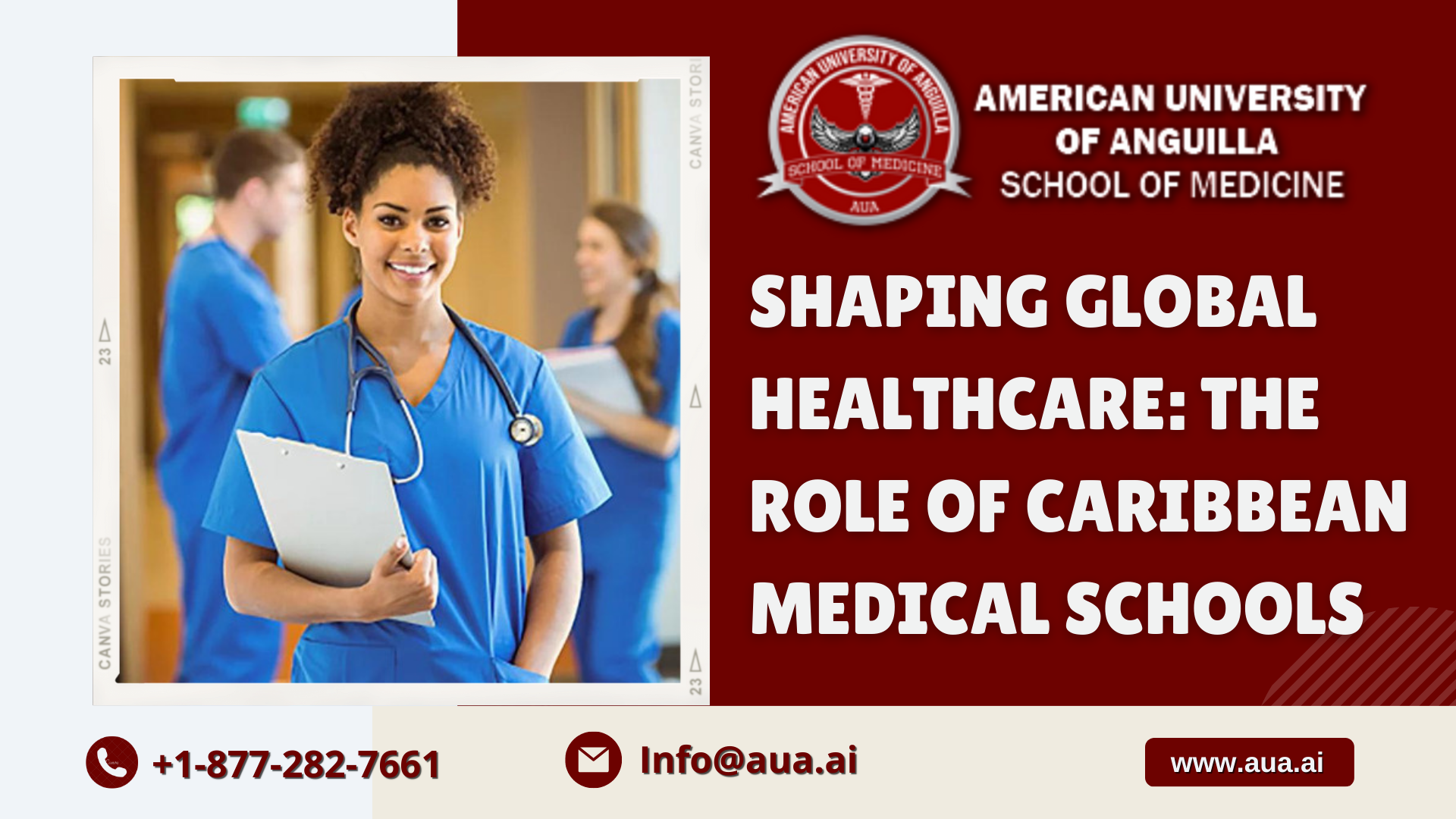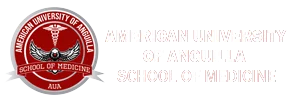Blogs
Caribbean medical schools play a significant role in shaping global healthcare by producing competent and culturally aware physicians who contribute to healthcare systems worldwide. In this blog post, we will explore the key contributions of Caribbean medical schools, with a focus on the American University of Anguilla (AUA) School of Medicine, in advancing global healthcare.
Providing Accessible Medical Education:
Caribbean medical schools like AUA offer accessible pathways to medical education for students from diverse backgrounds, including international students and those seeking an alternative route to practice medicine.
By welcoming students globally, Caribbean medical schools contribute to the diversity of the healthcare workforce and promote a global perspective in medical education.
Addressing Physician Shortages:
Caribbean medical schools help address physician shortages by producing a significant number of medical graduates who contribute to healthcare systems in their home countries or countries facing a shortage of healthcare professionals.
Graduates of Caribbean medical schools, including AUA, often serve in underserved communities and regions where access to healthcare is limited.
Cultural Competence and Global Perspective:
Caribbean medical schools prioritize cultural competence by exposing students to diverse patient populations and healthcare systems.
Through clinical rotations, community engagement, and exposure to multicultural environments, students develop a global perspective and gain the skills needed to provide patient-centered care to individuals from various cultural backgrounds.
Collaboration and Global Health Initiatives:
Caribbean medical schools foster collaboration with international organizations, universities, and healthcare institutions to participate in global health initiatives.
Through partnerships, students have opportunities to engage in medical missions, research projects, and public health programs that address global health challenges and promote health equity.
Training in Tropical Medicine and Public Health:
Caribbean medical schools offer unique opportunities for students to gain expertise in tropical medicine, infectious diseases, and public health.
Students learn about tropical diseases prevalent in the region and develop knowledge and skills to address global health concerns related to infectious diseases and public health challenges.
Residency Placement and International Impact:
Caribbean medical schools, including AUA, have a successful track record of placing graduates in residency programs globally, including the United States and other countries.
These graduates make a positive impact in their host countries and contribute to the delivery of healthcare services, research, and healthcare advancements.
Caribbean medical schools, exemplified by AUA School of Medicine, play a vital role in global healthcare by providing accessible medical education, addressing physician shortages, promoting cultural competence and a global perspective, fostering collaboration in global health initiatives, training in tropical medicine and public health, and facilitating residency placement with international impact. Through their contributions, Caribbean medical schools make a significant difference in improving healthcare access, addressing health disparities, and advancing healthcare outcomes on a global scale.


